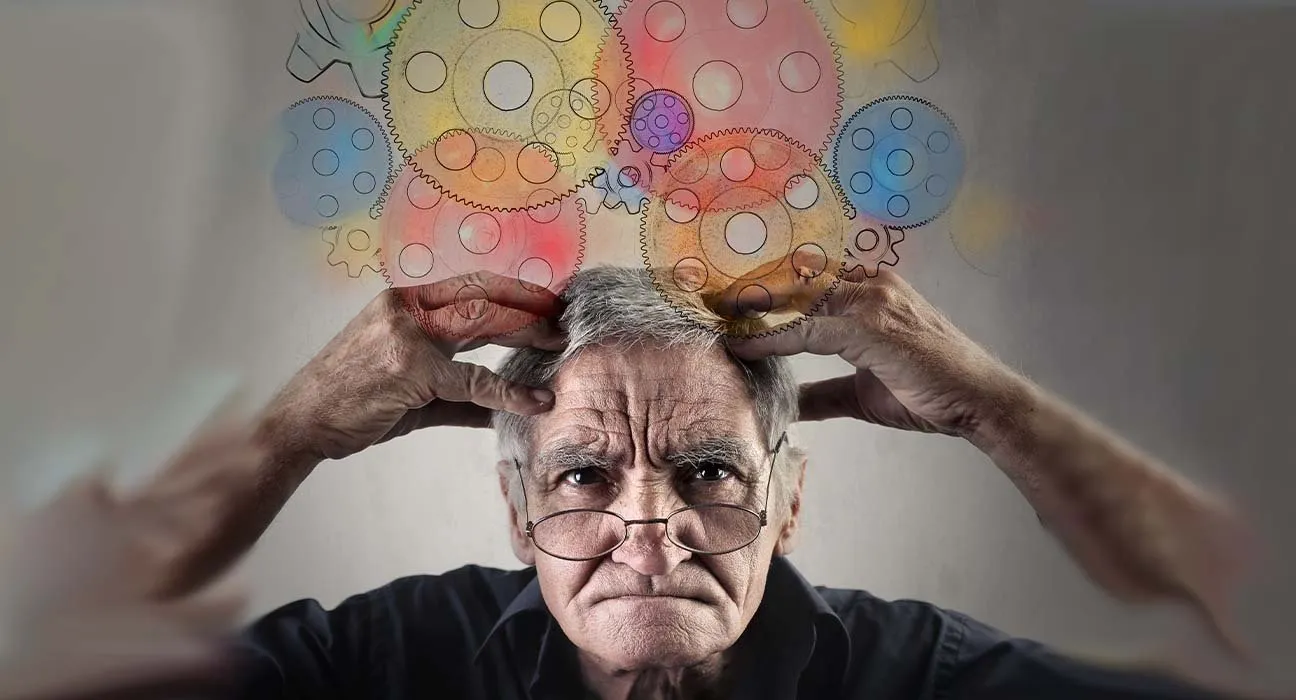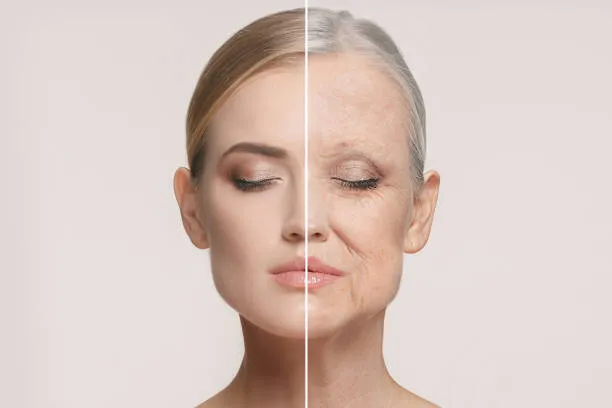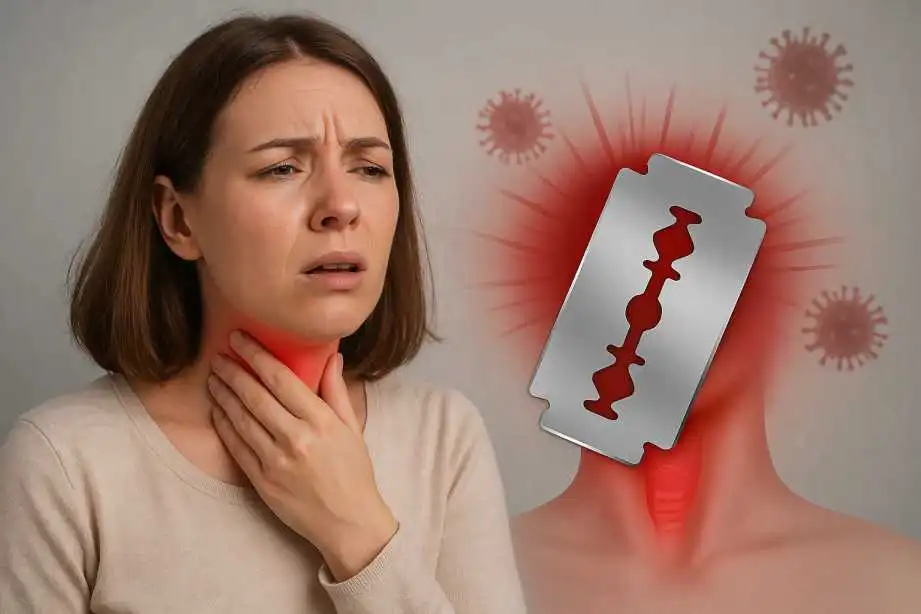
Synopsis: The brain evolves as we get older. The effects of aging on brain is something that we should not take lightly. There are those individuals who might experience slight episodes of memory lapse and those who might experience severe conditions. This paper describes how aging affects the brain, easy methods of maintaining a healthy brain, and tricks to improve mental health.
Aging is a process that has effects on the health of the brain. So it is important to have knowledge about the effects of aging on brain as it can cause the elderly to experience a decline in memory, attention span and the speed of thoughts. Such changes are usual, but there are times where they cause larger problems such as loss of memory or problems in mental health. It is good news that with healthy aging tips to improve memory and brain function on can remain active and strong. Basic measures such as maintaining a healthy diet, physical activities, sleep, and socialization are helpful in safeguarding the brain. This paper describes the cognitive and mental health changes of aging in a plain language, which anyone can understand. We shall also give simple tricks to healthy aging and memory enhancement. At the end of it, you will have the knowledge of how to take care of your brain when you grow up.
What Are the Effects of Aging on Brain?
Aging impacts the health of the brain in terms of thinking, recalling, and emotions. As one grows older, the brain can become a little smaller and the nerve connections can become slower. This means:
- Thinking may take more time.
- Short-term memory can weaken.
- Focus and attention may drop.
- Mood can be affected by stress or loneliness.
These developments are not unnatural, but they do not imply that all people will experience severe memory impairment. There are individuals who remain sharp to an older age because they observe healthy lifestyles.
Cognitive Decline and Memory Loss in Aging Adults
Memory lapse and cognitive deterioration in older adults as we age is normal. Minor lapses such as forgetfulness of names or loss of whereabouts are common. Nonetheless, more serious issues such as loss of memory on how to handle day to day chores may be symptomatic of conditions such as dementia or Alzheimer.
Short-Term vs Long-Term Memory
- Short-term memory: This may fade faster with age. Example: forgetting where you placed your keys.
- Long-term memory: Often stays strong, like remembering old events or songs.
When to Worry
In case of loss of memory, which interferes with life, generates confusion or difficulty in coping with tasks, one should consult a doctor. Early support can help.
How Aging Impacts Brain Health and Cognitive Performance
Aging can have an impact on the health of our brain, the way we think, remember and the way we feel. As one gets older, the brain can become somewhat smaller in size and nerve connections can become slower. This means:
- Slower Processing Speed: Your brain starts taking more time to solve things.
- Reduced Attention: Difficulty is faced while focusing on multiple things together.
- Weaker Problem-Solving Skills: Tough tasks may seem more difficult than usual.
- Emotional Changes: Sad, anxious, and anger may arouse in individuals.
Irrespective of all these effects, the brain can still develop new connections. It is known as neuroplasticity, and this skill explains why learning new things and being active is beneficial to the brain.
Effects of Aging on Memory and Brain Function
The aging process has different impacts on memory and the functionality of the brain depending on an individual. It is a factor of genetics, lifestyle and health. Ineffective nutrition, physical and emotional stress may accelerate the harm. On the other hand, the brain can remain healthy by remaining active, and consuming foods that improve the brain.
Risk Factors for Faster Decline
- High blood pressure
- Diabetes
- Smoking
- Lack of average sleep
- Depression
Protective Factors for Healthy Brain Aging
- Exercise daily
- Eat healthy like fruits, vegetables, and fish
- Staying socially active and engaged
- Do things like solving puzzles, reading, or learning skills
Healthy Aging Tips to Improve Memory and Brain Function

It does not take complex or difficult routines to maintain the state of the brain. These are simple tips of healthy aging that can be taken to enhance memory and brain performance:
- Exercise Daily: Walking, yoga, or light workouts improve blood flow to the brain.
- Eat Smart: Include leafy greens, nuts, berries, and omega-3 rich fish.
- Get Enough Sleep: 7–8 hours of sleep helps the brain repair and store memories.
- Stay Social: Talking with friends or joining groups reduces loneliness.
- Train Your Brain: Play memory games, read books, or try new hobbies.
- Manage Stress: Practice meditation, deep breathing, or spend time in nature.
Mental Health and Aging
The emotions and the brain are related. Growing old may cause stress, depression, or anxiety because of health changes or loss of friends and families. Mental health is as important to take care of as memory.
Common Mental Health Challenges
- Depression
- Anxiety
- Loneliness
- Sleep problems
Ways to Support Mental Health
- Stay in touch with family and friends.
- Consider joining community groups or activities.
- Talk to a counselor or doctor if you are feeling low.
- Try to practice gratitude and mindfulness.
Can We Slow Down the Effects of Aging on Brain?
Although aging is beyond our control, we can delay its effects on the brain. For example, individuals who consume healthy food, are physically active, continue to learn and engage in social interactions tend to maintain a longer and more active life.
Read More:- Understanding the Aging Process in Humans
Conclusion
Aging has normal effects on the health of the brain, and it does not imply that life is to come to a complete halt. It is possible that memory will become weak and the brain will slow down in thinking, but it can be taken care of. This knowledge on the cognitive decline and memory loss in growing-old people will allow us to be prepared and take early action. With the help of healthy aging tips that will help older adults have a better memory and improve the functionality of the brain, they can lead a healthy, happy, and mentally alert life. Mental health and the brain care can guarantee a better life in all ages.
Related Post
 22
22 Jul
Best Mental Health Therapy for Teenagers
Mental wellbeing treatment has become a crucial viewpoint of youthful care. With expanding scholarly weight, social media impact, peer comparison, and passionate changes, young people nowadays are more helpless than ever to mental wellbeing challenges. Finding the best mental health.
Read More 10
10 Jul
Understanding the Aging Process in Humans: Causes, Stages & Prevention Tips
Maturing is a characteristic, unavoidable portion of life. The aging process in humans includes an arrangement of complex organic and physiological changes that happen over time. Whereas a few viewpoints of maturing are hereditarily foreordained, numerous are affected by way.
Read More 19
19 Jun
Is Your Sore Throat a Sign of the Razor Blade Throat COVID Variant?
A unused COVID-19 variation that can cause a agonizing side effect known as “razor edge throat” is getting to be more common over the U.S. The variation NB.1.8.1, nicknamed Radiance, has been picking up footing in later weeks. It comprised.
Read More 05
05 Jun
The Role of Rasayana Therapy in Cancer Recovery and Immunity Boosting
Cancer is a life-altering conclusion that brings physical, passionate, and mental challenges. Whereas advanced therapeutic intercessions like chemotherapy, radiation, and surgery have altogether moved forward survival rates. The patients regularly look for strong treatments to upgrade recuperation and fortify resistance. One.
Read More